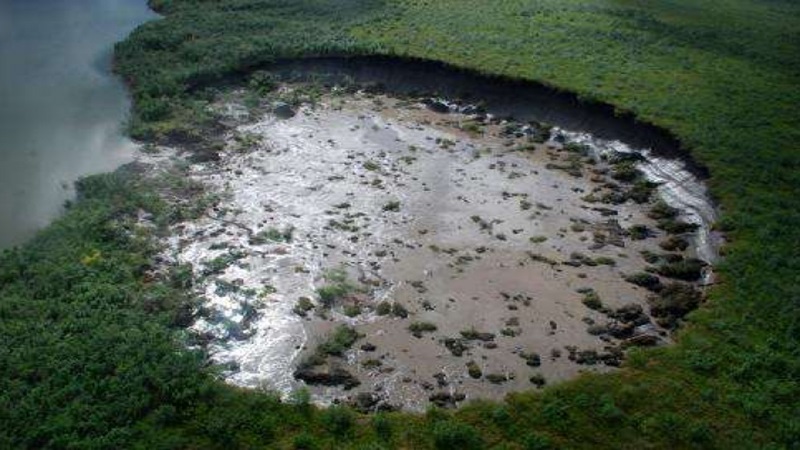
Degenerative Impact of Hydrocarbons On The Environment.
Most Read Stories Today
-
Water Scarcity and Artificial Rainfall: The Positive and The Negative Effects of Cloud Seeding, including Health Hazards and Climate Implications.
-
Renewable Energy in Rural Areas: Challenges, Opportunities, and Successful Rural Projects
-
Pakistan's Agriculture at Risk Due to Climate Variability
-
South Africa's Recent Floods: Is Climate Change to Blame?
-
South Korea's floods: root causes and prevention strategies.
-
South Africa: Cape Town, A City Under Fire
-
The Human Cost of Climate Disasters
-
Our Oceans, Our Future: The South African Dilemma of Overfishing
-
Degenerative Impact of Hydrocarbons On The Environment.
-
Sustainable Urban Planning - Copenhagen and the Path to Climate Resilience
Hydrocarbon, an organic compound exclusively acquired from carbon and hydrogen, poses a severe threat to the environment.
Hydrocarbon, an organic compound exclusively acquired from carbon and hydrogen, poses a severe threat to the environment. Yet, due to its toxicity, hydrocarbon pollution is constantly amplifying, as are its hazardous effects, especially in a developed country such as the United States.
Hydrocarbons are typically present in crude oil, natural gas, and coal, which are highly combustible and main energy sources of the world. The USA being one of the developed countries, uses the highest amount of hydrocarbon, which is cleared from statistical data as follows - The US consumed an average of 19.78 million barrels of petroleum per day, or a total of about 7.22 billion barrels of petroleum (refer - eia.gov ).
The consumption of petroleum was approximately 8% higher than in the year 2020 (refer - eia.gov). The USA utilized about 30.28 trillion cubic feet (Tcf) of natural gas in 2021 (refer - eia.gov). The coal production of the USA is expected to escalate from 21 million short tons (MMst) to 599 MMst in 2022 and 601 MMst in 2023 (refer - eia.gov).
From the provided data, it can be indisputably concluded that the USA’s dependence on hydrocarbons is surging, while contributing to atmospheric pollution and climate change. Considering that, CO2 is an inexorable result of hydrocarbon combustion, which results in - Heavier forms of hydrocarbon contaminate the soil and groundwater.
More powerful heat-trapping Greenhouse Gases than CO2. If leaks in the environment can contribute to more climate change than CO2. More harmful if it escaped in unburned forms. Toxic, and carcinogenic molecules are found in engine exhaust, as well as in evaporating petroleum and gas. The consequences of hydrocarbons are worst since it causes economic loss, environmental problems and decreases the agricultural productivity of the soil.
Conversely, even with the incessant utilization of hydrocarbons, it can still be controlled if proper measures have been taken because hydrocarbon contamination is a great cause of worry due to its widespread effect. It is to be noted that, there are numerous sources of hydrocarbons , such as pesticides, petroleum, or different distinct hazardous substances, including oil spillage, vehicles, and automobiles.
Considering that, adequate remediation strategies need to be introduced and surprisingly, over a few decades several methods have been introduced and applied for the cleanups. That is primarily done through three methods -
- Phytoremediation, in which plants are used for the degradation, extraction, minimization, contamination, or immobilization of contaminants from soil, sludge, groundwater, surface water, and wastewater.
- Bioremediation, under this method, the natural microorganism is used in the correction of a contaminated environment.
- Chemical remediation, as its name specifies, uses chemicals to treat contaminants. More such methods needs to be introduced with the purpose to minimise or annihilate the effects of hydrocarbons.
Moreover, an economy can also transpose to use more public transport, green fuels, and greener technology. Indeed, we need more sustained strategies to change the climatic conditions. Therefore, it is high time, now we should advocate to change our derivative practices and adopt a new approach or strategy to eliminate the degenerative impact of hydrocarbons on the environment.

Terms & Conditions
Subscribe
Report
My comments